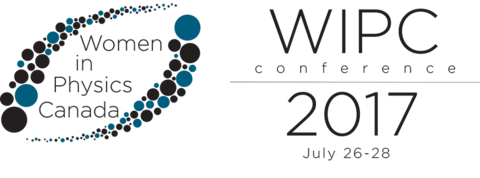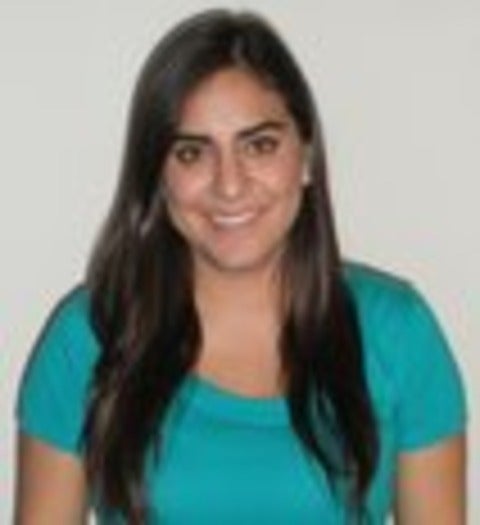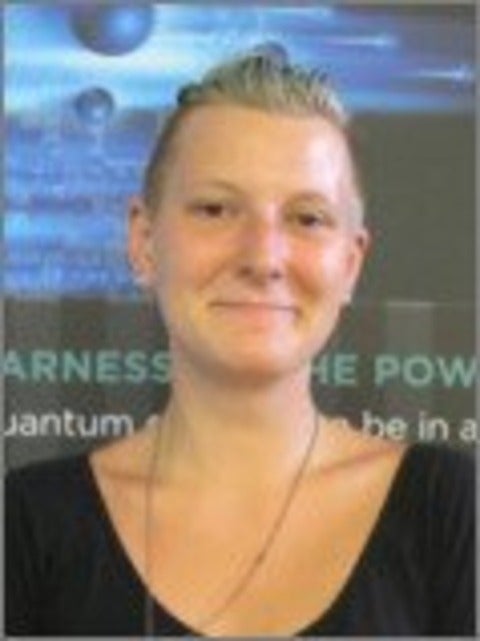Colloquium: Sergey Bravyi
Complexity of quantum impurity models
Sergey Bravyi, IBM Research
I will discuss classical and quantum algorithms for simulation of quantum impurity models. Such models describe a bath of free fermions coupled to a small interacting subsystem called an impurity. Hamiltonians of this form were famously studied by Anderson, Kondo, Wilson and others in 1960s.


 Paulina Corona Ugalde of the Department of Physics and Astronomy is defending her thesis:
Paulina Corona Ugalde of the Department of Physics and Astronomy is defending her thesis:
 Allison Sachs of the Department of Physics and Astronomy is defending her thesis:
Allison Sachs of the Department of Physics and Astronomy is defending her thesis: